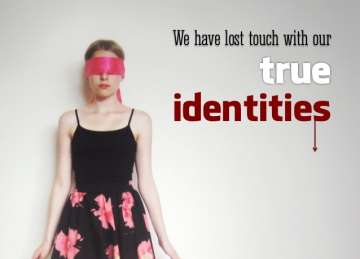People often have a different identity on social networking websites like Facebook, Twitter and Linkedin. This happens due to their desire to fit within the distinctive culture of each website. A research has concluded this.
The findings showed that users are not explicitly modifying their profile, but rather subconsciously adapting the behaviour modelled to fit in.
"Despite our best efforts, we do still fit stereotypes of gender and age in the way we tailor our persona," said Nishanth Sastry, Senior Lecturer at King's College London.
For instance, a photo of someone's colourful Starbucks drink may be popular on Instagram, but the same image post to LinkedIn would be frowned upon.
This is why people have different identity on social media platforms
"The users tend to portray themselves differently in these different worlds," added Dongwon Lee, Associate Professor at the Pennsylvania State University.
The findings will be presented at the International AAAI Conference on Web and Social Media (ICWSM) in Canada.
For the research, the team compiled information on over 100,000 social media users by utilising About.me -- a site that acts as a social media directory -- where users volunteer their own profiles, making it an extremely reliable dataset.
Upon analysing the profile pictures and biography information provided by these users, the team also found some surprising differences in how different demographics portray themselves.
The results showed that women were less likely to wear corrective eyewear, like reading glasses, in their profile pictures and users under the age of 25 were less likely to be smiling in their profile picture.
"Social media consumes an increasingly large portion of our lives. Therefore, understanding how we interact with each other on social media is important to understanding who we are in the online world, and how we relate to each other in virtual but still meaningful ways," Sastry added
(With IANS Inputs)
